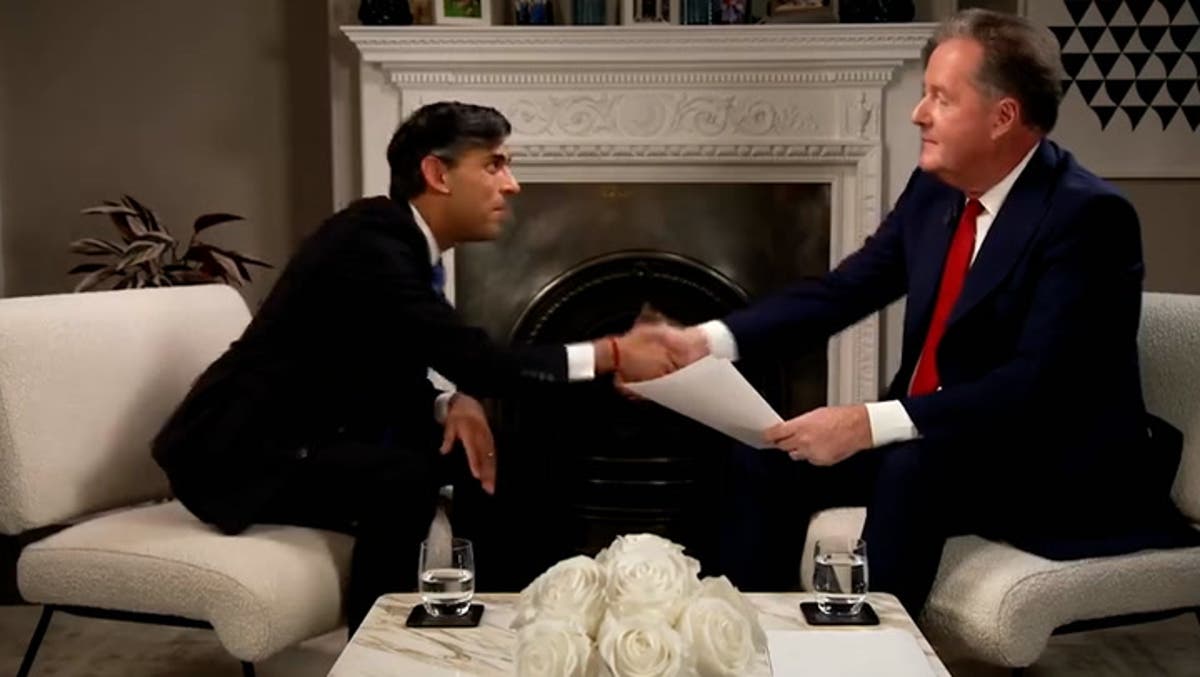[ad_1]

If Shane Jones’s speech was best then something must be wrong. That was yesterday (05/02/2024) at Waitangi. Winston Peters and David Seymour both deliberately antagonised without subtlety. It was a shameless petulance peppered with calculated discourtesy that fell so far short of the dignity and statesmanship demanded for that place and time. Those two politicians conducted themselves in such a shabby manner that the activist demonstrators were left looking distinctly regal by comparison.
I cannot recall anything quite like this role reversal: both in behaviour and policy – those who once derided the Treaty wanting it upheld, those who once upheld the Treaty wanting it derided. Evidently their polling support relies on low brow white bigotry and little else. They had to generate heat to stay relevant to their base and it was a pathetic spectacle as they tried time and again to provoke a reaction. Winston was hyperventilating within seconds of stepping to the mic, the quietly murmmering crowd harangued as “hysterical” as he flailed his arms around and voice pitched hysterically. Rimmer looked like a dork, he acted like a cock, just utterly disrespectful. Rimmer’s argument for a referendum was so stupid it was a rambling stream of non sequiturs. If Rimmer’s hateful and illogical speech was part of the debate he has lost. It is a faux debate because the object is not about ideas and convincing, it is about activating fear to motivate reactionary racist white people.
Luxon gave a low energy stump speech from the safety of the mahau so dull people forgot to boo. His speech too was insulting for failing to address the Treaty and his quotation of a Chinese rather than a Maori proverb told us plenty about whose community is worth tokening. Luxon is a cucked egg-headed David Brent and it’s getting worse because as each public incident unfolds of the other two stooges running amok without him being able to rein them in the less confidence he has in himself and that is incredibly debilitating for someone who has only self confidence as his skill set.
As I watch the coverage from Waitangi Ned Fletcher’s 723 page book on the English text of the Treaty of Waitangi sits, still in a brown paper bag, in a pile with my other unread Kiwi classics. I bought it about six months ago, but I haven’t read beyond browsing the dust jacket – abandoned holiday masochism.
This fat volume’s ideology is permeating through the legal, academic and political elites, trickling through the bloggers, and is entering social media. It’s happening, it’s barely visible, but the references are mounting. This feels influential. This is how public discourse changes and before long the concepts (if not the attached jargon and phrases too) flow from the author, their circle, their profession into the board rooms, lecture theatres, courts, journals and departmental presentations until it finds itself noddingly echoed back and forth at the nation’s bourgie barbecues as a matter of widely accepted fact.
With Fletcher’s inside running connected to the incestuously closed Wellington power elite my expectation is this will be merely replacement mythology. I expect the conclusions drawn by Ned of the Fletcher clan will concur with the Palmer clan and every other Wellington legal scholar – a self-serving exoneration and confirmation of the state’s status quo and a breezy arrogance of the white liberal class in setting out the white settler community’s very high bottom lines that unilaterally abrogate the Treaty and to which their superior arguments the Maori are presumed to have yielded without fuss. I expect nothing less, nothing less.
I’ve seen mentions appearing in the timeline of comparisons with Treaties the British signed with other nations and I believe Fletcher’s book is the origin of this recent phenomenon. I burnt through a third of the word count in a column for Metro last year (April 2023) on just this point because the myth of the Waitangi Treaty as “unique” is a pet annoyance. The British made hundreds of Treaties all over the world – most of them more generous and better observed by the Crown than the Waitangi Treaty.
The utility to the white settler community of the “unique” Treaty myth is both to uplift the Pakeha and to patronise the Maori – to plead a special case of exception to Imperial oppression – which the Maori because of the uniqueness of its humanitarianism are bound by gratitude to honour and obey the Pakeha in the partnership. All this mythology is preconditioned on ignorance. Once that ignorance is removed in this case by first exposing the chattering classes to the facts then that narrative strand of the mythological tale seems doomed. I definitely don’t put the emerging awareness of the issue down to my Metro article that no-one has seems to have read or ever quoted, but rather the tide shift being effected by the gravity of Fletcher’s book.
Luke FitzMaurice-Brown in a Newsroom series https://thedailyblog.co.nz/2024/02/06/waitangi-speeches-treaty-principles-and-where-is-britain-when-you-need-her/ makes the case for moving past principles and pins the axis of the mythology as sovereignty:
“The principles, a legal and policy construct in existence since 1975, are grounded in the myth of the cession of sovereignty. They are also grounded in the misconception that we can’t possibly know what was intended at Waitangi in 1840, but as historians, legal scholars, and the Waitangi Tribunal have repeatedly stated, that just isn’t true.”
The myth of sovereignty surrender too is vulnerable to facts, often put as an exercise in role playing to establish what seems reasonable and realistic to the parties at the time. This seems sufficient nowadays to outflank the dogmatic stance taken by the NZ Government. Even that stance has proved maleable – the Treaty Negotiations minister Paul Goldsmith and Chris Bishop stating in interviews that sovereignty is held by the NZ Government through “other” ways than the Treaty. Always ambiguous the current position maintains an indivisible sovereignty but allows a possibility that Maori did not cede it, meaning it was subsumed or cancelled somehow after the Treaty. The NZ Government’s story is becoming wobbly.
The NZ Government’s story is so wobbly that they felt the need (or Britain did?) to state in the preamble to the NZ-UK Free Trade Agreement that the NZ Crown has succeeded the British Crown to all rights and obligations of the Treaty. I mentioned this fact in a previous TDB column https://thedailyblog.co.nz/2024/02/06/waitangi-speeches-treaty-principles-and-where-is-britain-when-you-need-her/ and have since filed an Official Information Act request to get some answers on what date this succession purportedly occurred and the circumstances. Which Maori were consulted and consented before this happened? – or was it just Nanaia Mahuta making another captain’s call on behalf of Maoridom?
So much for partnership when the partner can be swapped out for a different partner without the other party even knowing. This raises the possibility any one of the signatory tribes can have their rights and obligations succeeded to also… say by Russia? Seems if Maori were to reciprocate they don’t need to consult the other partner either before they sign an FTA with Tonga making them now the Crown’s partner. Where does it end if these fictions are entertained?
The reason I assume the NZ Government is behind the NZ-UK FTA Treaty succession clause is to sure up the sovereignty deficit. I don’t think the UK Government is just trying to weasle out of their own responsibilities for loaning the colonial government the funds to wage the Land Wars, supplying British Army and Royal Navy to prosecute the war and allowing the land confiscations – it may have been a factor but I see the conceit of a Wellingtonian in such a high-handed manoeuvre.
The Maori Party co-leader, Rawiri Waititi, was talking of Maori having their own trade treaties with nations in interviews yesterday. He may not know – and I doubt anyone does – that while the NZ-UK FTA is smattered with feel-good platitudes to Maori business the fine print says MFAT controls the relationships between Maori business and the UK: it prohibits Maori business from dealing with the UK unless approved by MFAT. Labour’s co-governance pro-Maori agenda was nothing but a superficial rort that actually sold Maori out and the NZ-UK FTA is a case study in that from my examination of the text.
The Maori electorate votes were 70%+ in favour of retaining the Union Jack in the NZ flag in John Key’s ill-fated referendum. Pakeha should reflect on why that was. The link is with Britain, that is the partner, the protector – that is the will of Maoridom clearly. A move to unilateral independence of the NZ colonial entity is not something supported by Maori.
The principles, ah, The Principles. Whereas sovereignty was clearly the aim at the time, and whereas unique status seems a mantra developed by the turn of last century the principles are a modern day myth in the making. Any talk of principles instantly abrogates the terms, it should be obvious. FitzMaurice-Brown:
“The court discussed the principles of partnership (that te Tiriti/the Treaty was a partnership between Māori and the Crown), active protection (that te Tiriti/the Treaty creates a duty on the Crown to actively protect certain Māori interests), and of redress (that breaches of te Tiriti/the Treaty oblige the Crown to compensate Māori). It also discussed the obligation on both Treaty partners to act reasonably and in good faith towards each other, an idea that remains central to understandings of te Tiriti/the Treaty today.”
God, what self-serving tosh it is. Those Pakeha judge derived principles simply allow the bulldozers of colonisation to roll right over Maori – any crying from the natives just flick them some money and keep going. That is all it means, it is risible.
My view on the Treaty is straight forward: it is about a reasonable interpretation of what the terms meant at the time – not “principles”. The Treaty is between the UK and Maori – not between the Governor or New Zealand and Maori. The parties cannot just be swapped out. Sovereignty over the whole country was clearly the British aim, but not sovereignty within tribal areas. The word colony appears nowhere in the Treaty, but protection does because the relationship upon signing is a protectorate not a colony. The article 3 mention of British Subject status says “rights and privileges” and deliberately omits duties and obligation because that is tbe quid pro quo. The Treaty does not say in English that it succeeds beyond Victoria so as per other Treaties it should have been renewed before the anniversary of her successor’s coronation. Indeed many Treaties like the British one with Tonga wad updated often and that is what should have happened here. The more I see how it is being led by Pakeha the more I see how it needs to be led by Maori.
[ad_2]
Source link





















